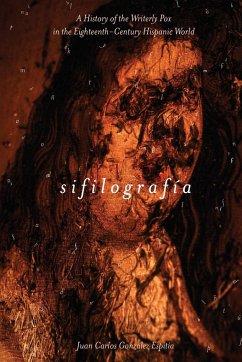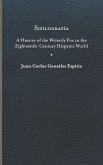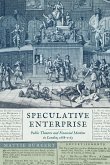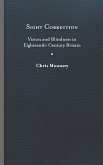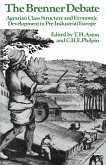Syphilis was a prevalent affliction in the era of the Americas' colonization, creating widespread anxiety that is indicated in the period's literature across numerous fields. Reflecting Spaniards' political prejudices of the period, it was alternately labeled "mal francés" or "el mal de las Indias." Sifilografía offers a cultural history that traces syphilis and its consequences in the transatlantic Spanish-speaking world throughout the long eighteenth century. Juan Carlos González Espitia charts interrelated literary, artistic, medical, and governmental discourses, exploring how fears of the disease and the search for its cure mobilized a transoceanic dialogue that forms an underside of Enlightenment narratives of progress. Through a narrative revealing the transformation and retooling of ideas related to syphilis as a bodily contagion, González Espitia demonstrates the Spanish-speaking world's crucial relevance to a global understanding of the period in the context of current reassessments of Enlightenment thought. Broad in its scope, the book incorporates an extensive corpus of medical treatises, literary essays, poems, novels, art, and governmental documents. The rich overlapping matrix of authors and texts broached subvert the idea of a homogeneous interpretation of syphilis and contributes to the rediscovery of the wide-ranging historical, cultural, and philosophical impact of this disease in the Spanish-speaking world. Sifilografía seeks to open a productive dialogue with other area studies about the disparate meanings of science and Enlightenment.
Hinweis: Dieser Artikel kann nur an eine deutsche Lieferadresse ausgeliefert werden.
Hinweis: Dieser Artikel kann nur an eine deutsche Lieferadresse ausgeliefert werden.

